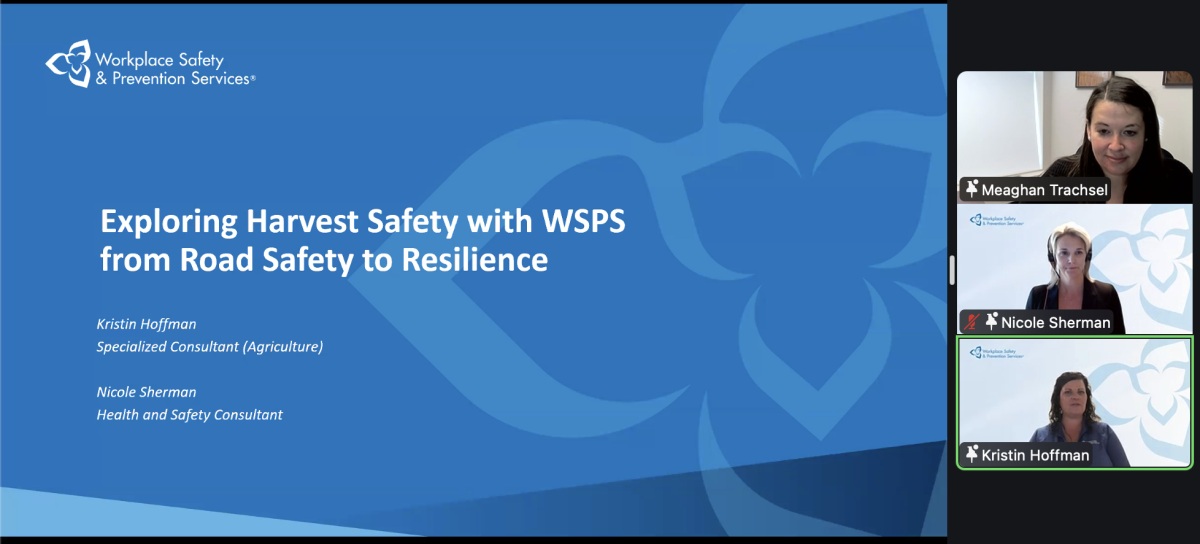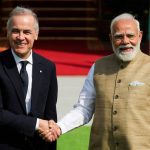The federal government will ask for a World Trade Organization dispute settlement panel on the issue of the United States’ domestic farm subsidies when the WTO’s dispute settlement body meets Nov. 19.
Federal Trade Minister David Emerson said in a statement Thursday that Ottawa believes the U.S. “has breached its international obligations by providing agricultural subsidies that exceed the levels allowed by the WTO.”
Canada’s latest request replaces a similar request it made this summer. The new filing does not challenge U.S. export credit guarantees, taking into account the recent outcome of a WTO panel decision in a dispute between the U.S. and Brazil dealing with those guarantees on cotton.
Read Also

Exploring Harvest Safety
Kristin Hoffman of WSPS explains measures for increased farm safety around harvest season
Ottawa noted in a release that under the WTO agreement on agriculture, the U.S. had agreed that its level of trade-distorting domestic support would not exceed US$19.9 billion for 1999 and US$19.1 billion for each subsequent year.
Ottawa explained that the U.S., in October, notified the WTO of what it considers to be its trade-distorting subsidies for 2002-05. The U.S. claims its annual levels of trade-distorting support have been within its WTO commitment.
“It is Canada’s view that when these programs are properly accounted for the level of U.S. trade-distorting agricultural subsidies exceeded U.S. WTO commitments throughout 1999-2002 and in 2004 and 2005,” the federal government said.
Brazil announced today that it’s also filing for a WTO panel on U.S. farm subsidies, and has been co-ordinating its challenge with Canada’s. “Given the similarities, it is expected that (Canada’s and Brazil’s) cases will be heard by a single panel,” the Canadian release said.
A WTO panel usually delivers its findings within six to eight months of the panel members being chosen, but can sometimes take longer, the release noted.














